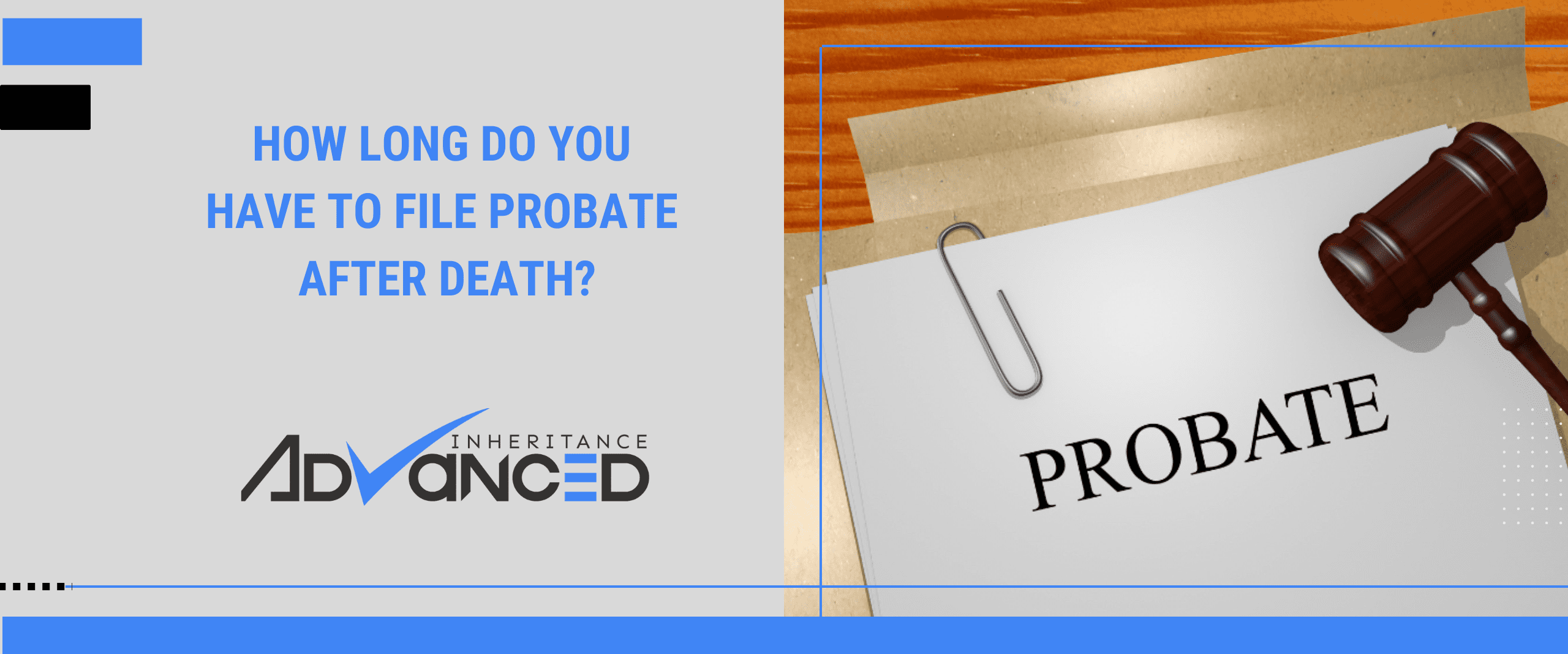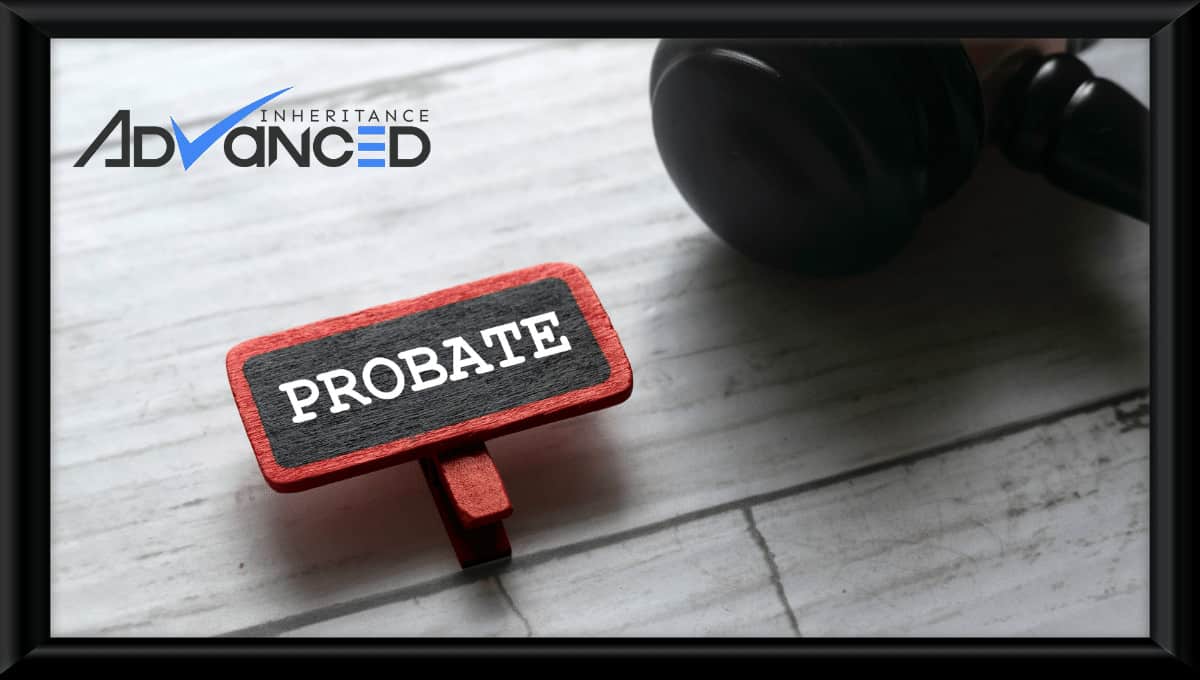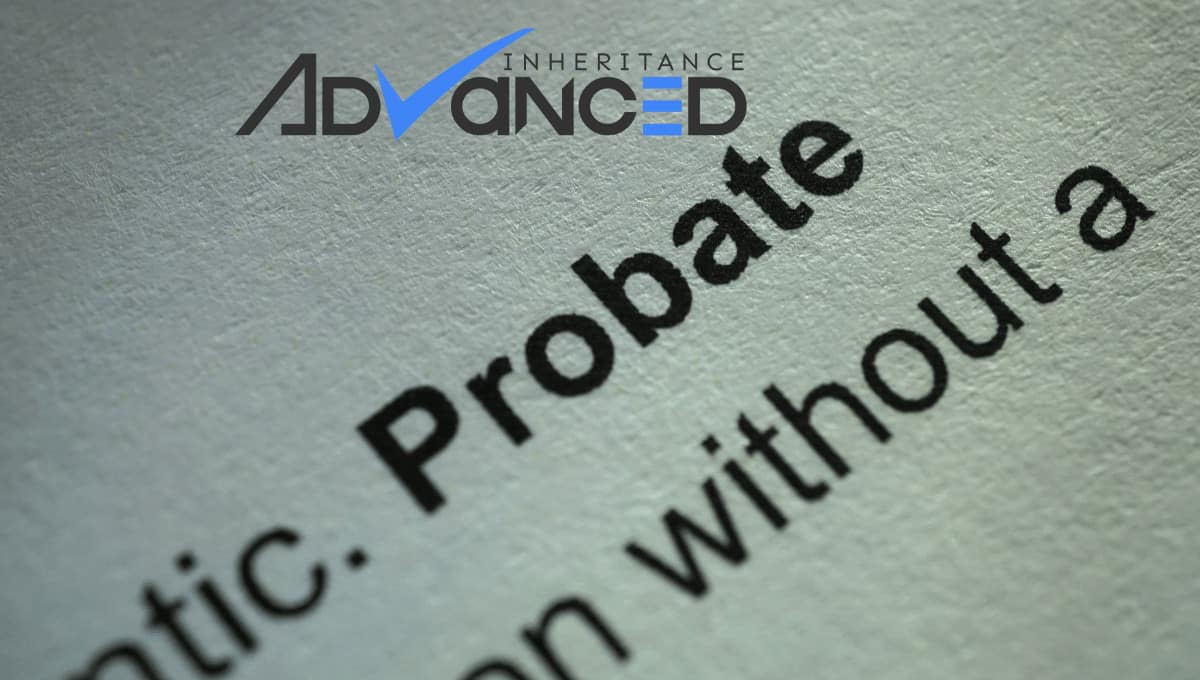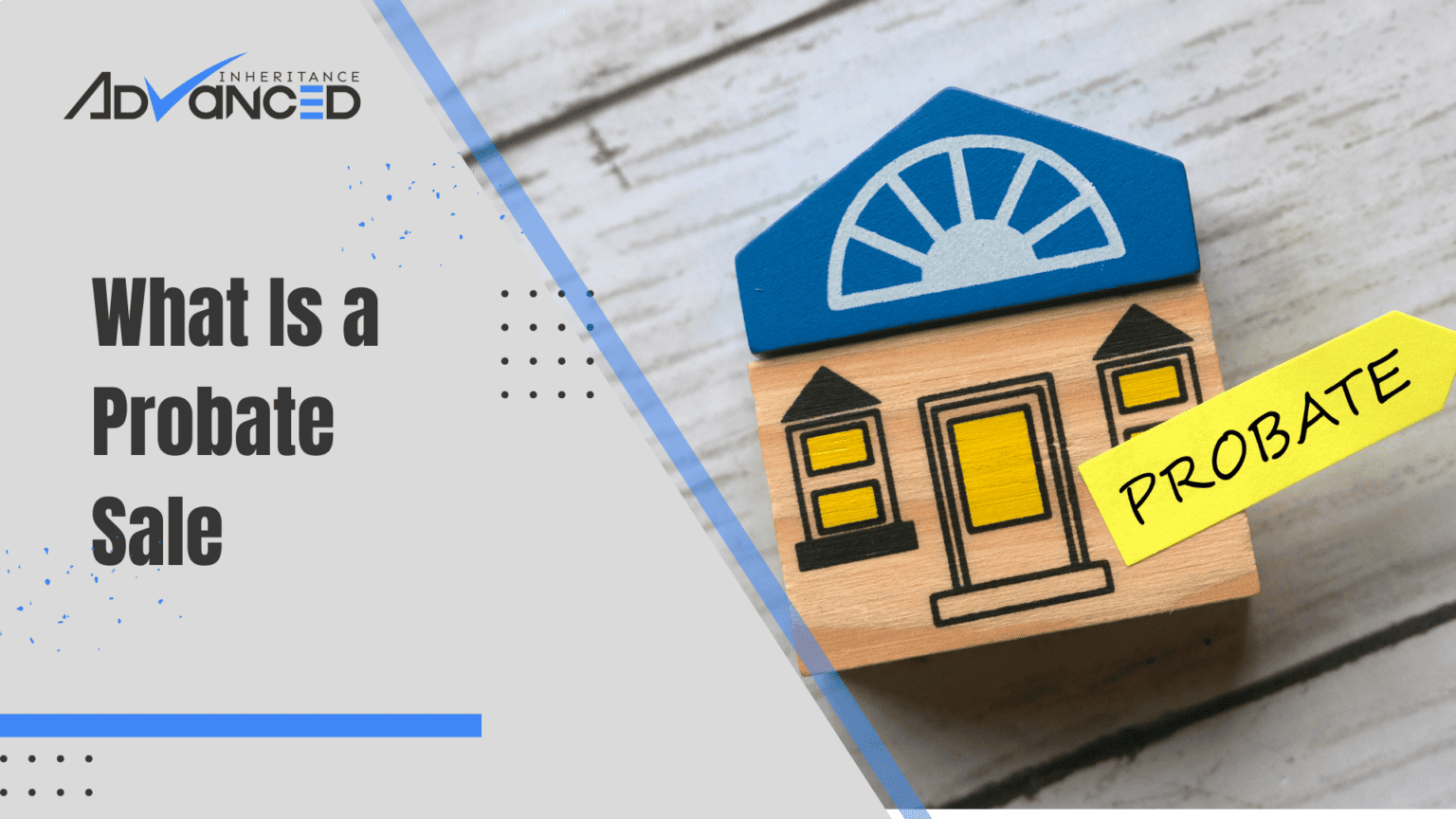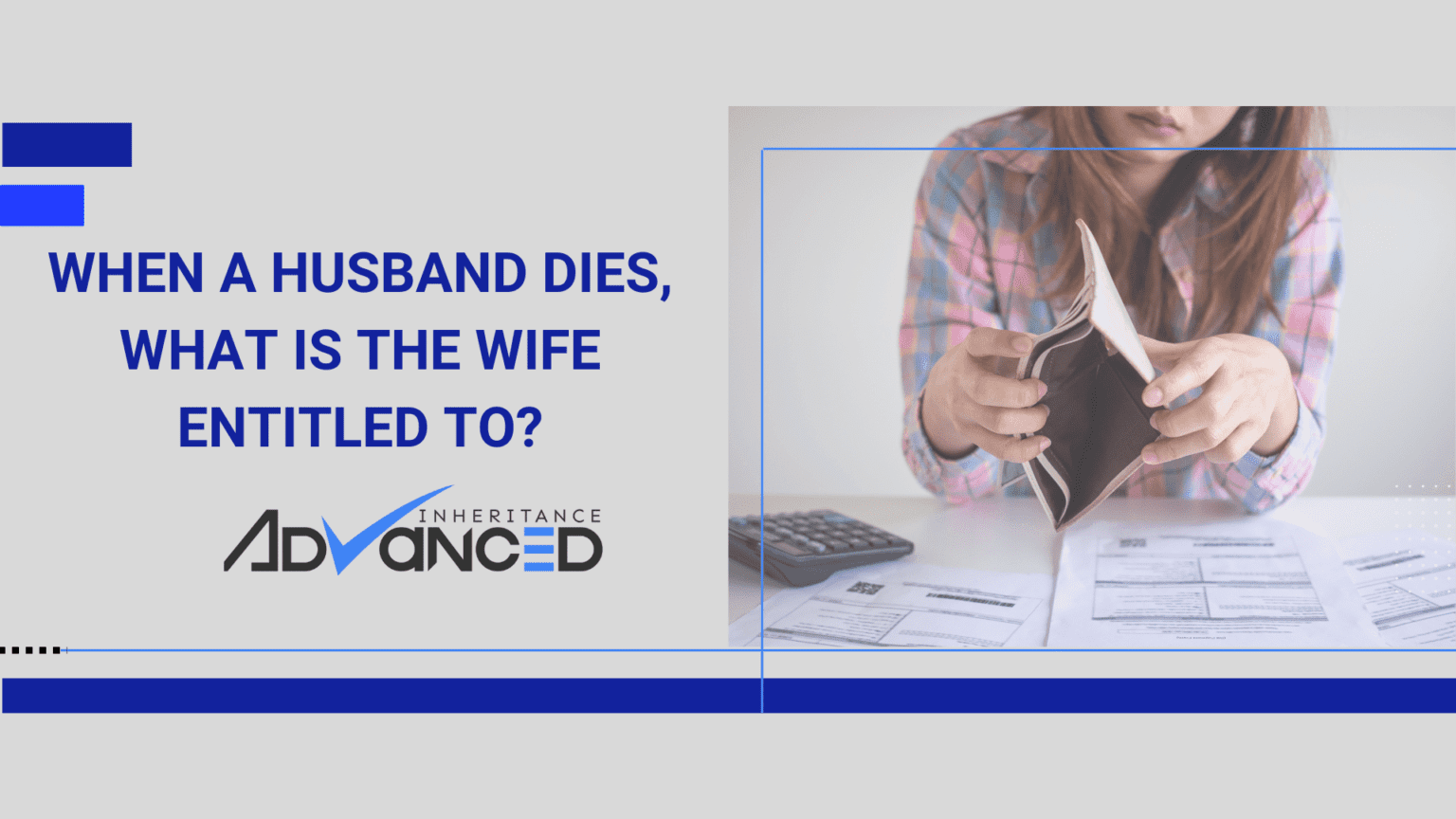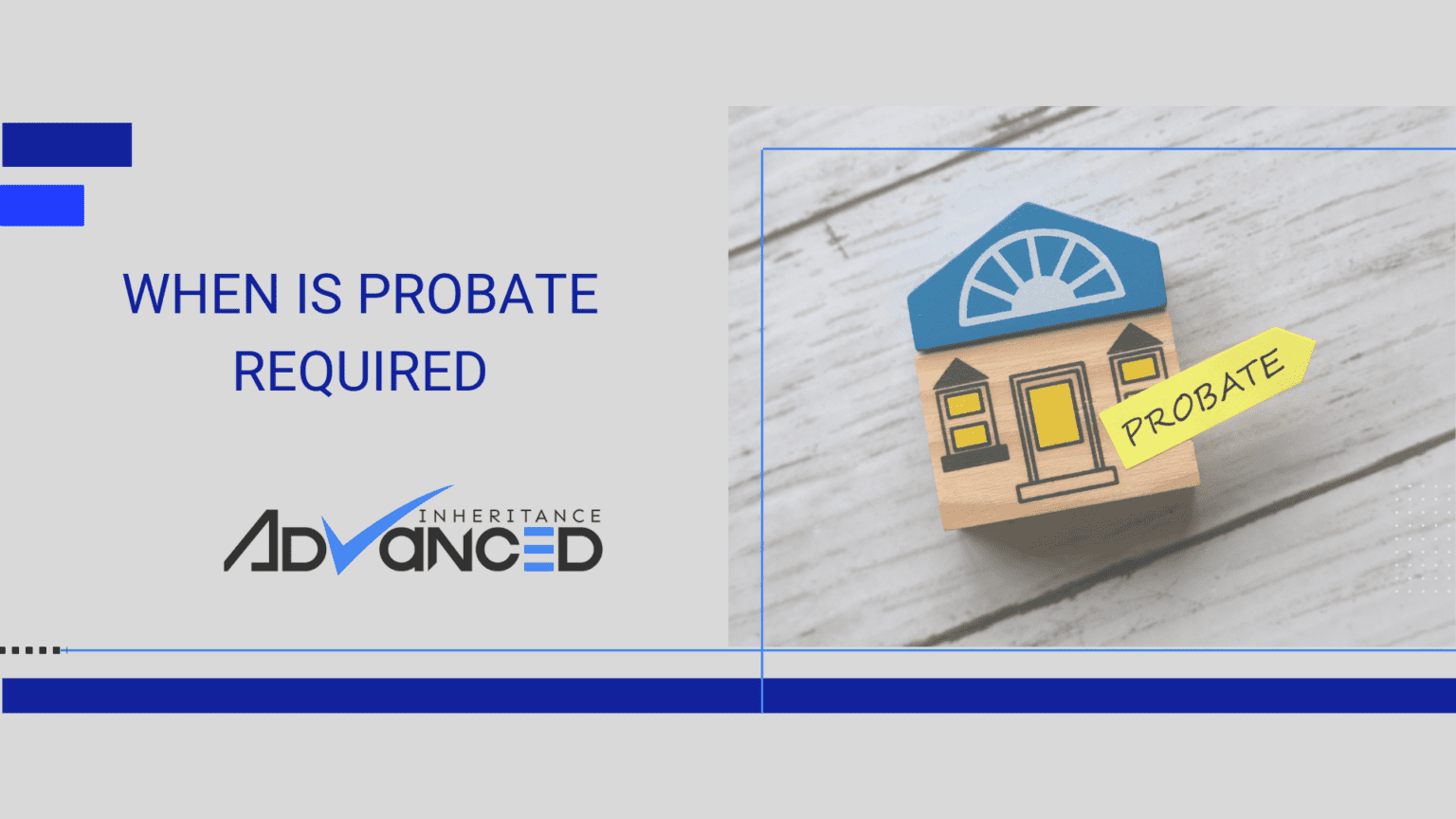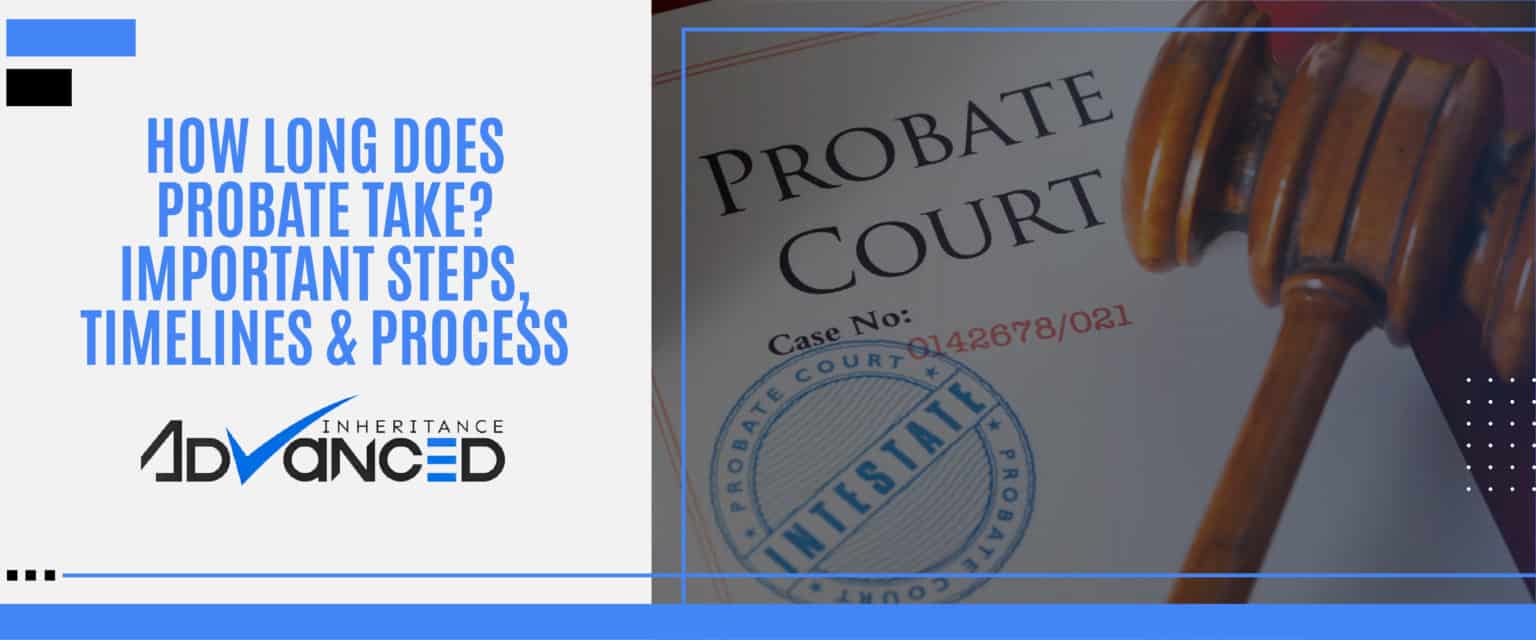The loss of a loved one is a sad and painful moment for friends, family, and other people who were close to them. The people left behind typically have to work out how the deceased person’s property (real estate, cash, and even unpaid debts) can be transferred or inherited, which can be a difficult task. The “decedent’s estate” refers to the property a deceased person leaves behind after they pass away. The term “decedent” refers to a dead person. In legal terms, their “estate” refers to the possession they left behind after death.
When someone passes away, the only legal way to transfer or inherit their property is to go to court. Moreover, dealing with the courts and the deceased person’s property is an extremely difficult process. Even if a will cannot be found, family members may be able to transfer a deceased person’s assets without the need for legal intervention.
Table of Contents
Understanding The Probate Process
The term “probate” is frequently used to refer to the process of administering the estate of a dead person. In other words, probate is the process of establishing the legitimacy of the last will and testament prior to the estate being administered according to the will’s instructions.
When a person dies and leaves behind a will and property that is subject to probate, the probate officially begins. The procedure begins when the executor—who has a legal obligation and is named in the deceased individual’s final will and testament prior to the decedent’s death—presents the will to the probate court judge for the process to begin.
This must occur before the probate county court in which the deceased person resided or had personal property. Joint tenancy assets, assets held in a living trust, life insurance policies, community property, retirement accounts, and assets subject to the beneficiary designation are not subject to probate.
The probate progresses through two probate hearings, which frequently extend the probate timeframe significantly due to the probate questions presented.
According to the probate code, the petition to open probate can be filed at any time after the death of the testate person. You are free to select a legal representative, such as a probate lawyer, to begin probate case. However, for administration of estate and estate funds to begin, a personal representative must first be appointed.
When one of three petition alternatives is submitted, a probate clerk at the designated court schedules the first probate hearing. Among the probate documents required at this initial hearing is the deceased’s death certificate.
Delays In Probate Proceedings
If an estate includes more than two or three beneficiaries, probate processes are far more likely to be protracted. Beneficiaries must be informed of the progress of the probate process. It is a legal requirement during the probate administration of an estate.
Additionally, each beneficiary will be required to sign a number of documents. The more beneficiaries, the more likely it is that this process will take longer and that one or more beneficiaries would delay in returning required documents.
Family strife or feud may also cause delays in a probate processes. Even in the best of circumstances, probate can be an emotionally charged process because it follows the death of someone.
It can also be a matter of money, which can be a major stumbling block for many. Disagreement amongst the estate beneficiaries or a disagreement over the estate’s assets can quickly lead to chaos. There may be challenges to the probate proceeding, such as a challenge to a will. The court will have to deal with all of these issues, which will cause delays.
Delays can be caused by assets as well. Probate may be slowed down even further if the decedent’s assets are spread across multiple states. If you own property in multiple states, you may need to open ancillary probate in those states.
Having both primary and ancillary probate proceedings going on in various states at the same time increases the complexity and length of time, compared to simple primary probate. Delay, on the other hand, accomplishes nothing. This is because all estate assets must undergo formal administration prior to the appointment of a personal representative.
Requirements To file As Per State
In many states, anyone who comes into possession of a deceased person’s original signed will is obligated by law to file (register) it in the county courthouse where the person resided. Most states require you to file within ten to ninety days of the death or receiving of notice of the death. Filing of the will is the first step in initiating the probate process.
If you fail to submit the will, you risk being sued by anyone who suffers losses as a result of your failure to promptly turn up the will to the court. For instance, if the will is not filed until the deceased person’s property has been distributed, a creditor or someone who is supposed to inherit under the will may suffer harm.
Where To File a Probate
Probate courts, county clerks, or the “register of wills” are all places where you can deposit the document. When in doubt about where to go, simply ask the court. Typically, the filing fee is somewhere between $20 and $50. No fees are levied in some states or counties.
If Probate Wasn’t Filed Then What Happens?
Legal title to property may be tainted. If the decedent owned estate property — such as a home, a car, or bank accounts or brokerage accounts — such assets cannot be transferred without court approval via the probate process.
Your heirs may pursue legal action against you. If the decedent died without a will but left assets, those assets cannot be properly transferred without first going through the probate process and determining the proper inheritance priority under the state’s intestate succession laws. Without probate paperwork, heirs may not receive what they are legally entitled to and may sue.
Issues with an existing will may go unaddressed. If there is possible difficulty with an existing will — such as questions regarding the decedent’s competency at the time of signing or the legitimacy of the signatures — this can only be resolved through the probate procedure.
Another solution that can be proffered is the use of a dependent administration, in which case, a lot of the property which should have gone to the beneficiaries will end up being spent on probate costs.
Legal Title To Assets Could Be Clouded
When a person dies intestate, he is said to have died without a will. Additionally, an intestate estate is one in which the court has declared the will brought to the court to be void. Probate for an intestate entails dispersing the decedent’s property in accordance with state law. If a decedent leaves no property, probate may be unnecessary.
By and large, a probate court case begins with the appointment of an administrator to manage the deceased’s estate. The administrator acts in the capacity of an executor, collecting any legal claims against the probate estate and paying off outstanding obligations.
The administrator is responsible for locating the deceased’s lawful heirs, which may include surviving spouses, children, and parents. The probate court will determine whose assets must be allocated to the legal heirs and how they should be distributed.
Probate rules in the majority of states split property between the deceased’s surviving spouse and children. When there is no will, an estate affidavit might be employed. In order to avoid wasting time during the probation period of a will, some people prefer to deal with a probate lawyer or probate attorney.
The Battle Over An Existing Will
A Last Will and Testament are typically written by persons who want their final wishes to be carried out when they die. But in some situations, the writing of that Last Will can lead to a dispute between the Decedent’s family and/or beneficiaries, resulting in a challenge to the validity of someone’s Will.
The legality of a will can be challenged for a variety of reasons, but the two most common are that the testator lacked capacity at the time of execution of the will or that the testator was improperly persuaded into signing a will that they did not mean to sign.
Final Thoughts
Probate is the legal process of determining who will inherit the assets of a deceased individual. The existence of a will is usually the primary focus of the probate process.
When a deceased leaves behind substantial assets, a probate action is frequently necessary.
Having a readily certified will or investing in vehicles that do not require probate can help people avoid the high expenses and complications of probate.

